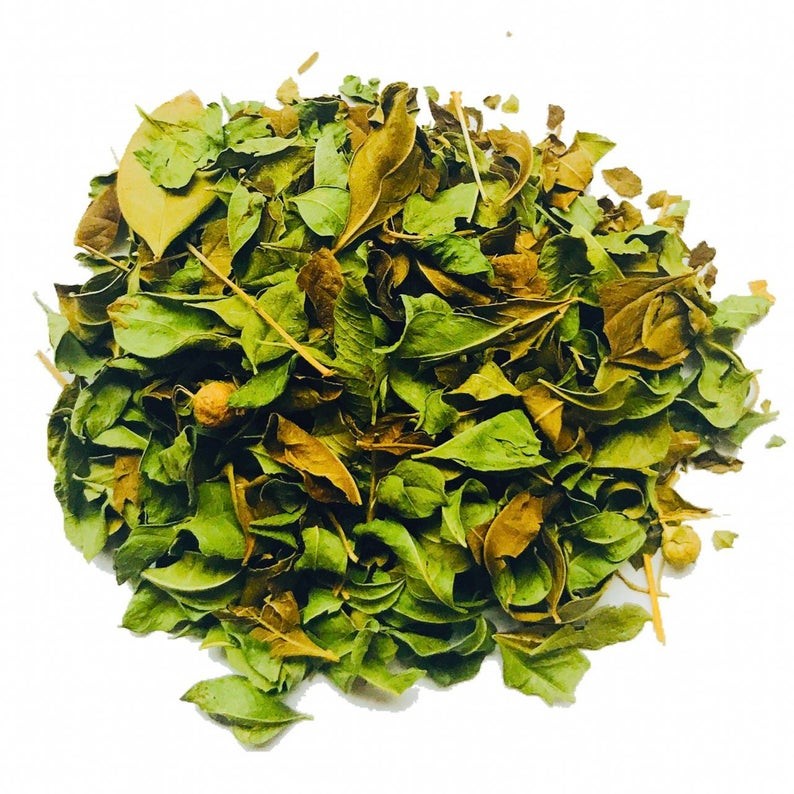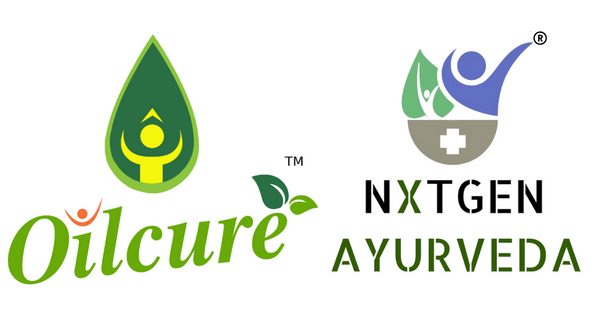Nxtgen Ayurveda
Mehndi (Henna)Leaves - 100 Gms
Mehndi (Henna)Leaves - 100 Gms
Couldn't load pickup availability
Mehndi, also known as Henna, refers to the leaves of the Lawsonia inermis plant. The leaves of this plant are dried, crushed, and finely ground into a powder to create a paste that is used for various cultural and traditional practices, especially in South Asia, the Middle East, and North Africa.
Here are some common uses and applications of Mehndi (Henna) leaves:
-
Body Art: One of the most popular and well-known uses of Mehndi leaves is for creating intricate and temporary body art designs on the skin. The paste is applied to the skin in various patterns, and when it dries and is scraped off, it leaves behind a reddish-brown stain that can last for several days.
-
Hair Dye: Mehndi leaves are also used as a natural hair dye. When the henna paste is applied to hair, it imparts a reddish-brown color to the hair strands. Many people prefer using henna as a natural alternative to chemical hair dyes.
-
Cooling Properties: In some cultures, henna paste is applied to the palms and soles of the feet for its cooling properties, especially during hot weather.
-
Medicinal Uses: In traditional medicine, Mehndi leaves have been used for their potential medicinal properties. They are believed to have cooling, antimicrobial, and anti-inflammatory effects.
-
Celebration and Rituals: Henna application is an essential part of celebrations and rituals in various cultures. It is commonly used during weddings, festivals, and other special occasions to decorate the hands and feet of the participants.
-
Symbolic Meanings: In certain cultures, the designs and patterns created with Mehndi are associated with various symbolic meanings and may represent blessings, luck, protection, and prosperity.
It's essential to be cautious when using Mehndi (Henna) leaves, especially for body art or hair dye purposes:
-
Skin Sensitivity: Some individuals may be sensitive to henna, leading to skin irritation or allergic reactions. Before applying henna on a larger area of the skin or on the hair, it's recommended to perform a patch test on a small area to check for any adverse reactions.
-
Quality and Purity: Ensure that you are using high-quality, pure henna powder without any additives or harmful chemicals. Authentic henna powder should have a greenish-brown color.
-
Avoid "Black Henna": "Black henna" or "black henna tattoos" are products that may contain harmful additives like para-phenylenediamine (PPD), which can cause severe skin reactions. It's essential to avoid using these products.
-
Pregnant and Nursing Women: Pregnant and nursing women should exercise caution when using henna, and it's best to consult with a healthcare professional before use.
Always follow the instructions provided with the henna product, and if you have any concerns or experience adverse reactions, seek medical attention immediately.
Please note that the information provided here is for general knowledge purposes, and if you are considering using henna for any specific purposes, it's essential to consult with a qualified practitioner or expert in henna application and usage, especially for body art and hair dye.
Share

as described
Good find.
That product was very good in quality and quantity too
It is pure and natural there is no side effects it worked very well for me...awesome product
Absolutely Recommended

